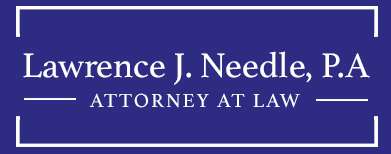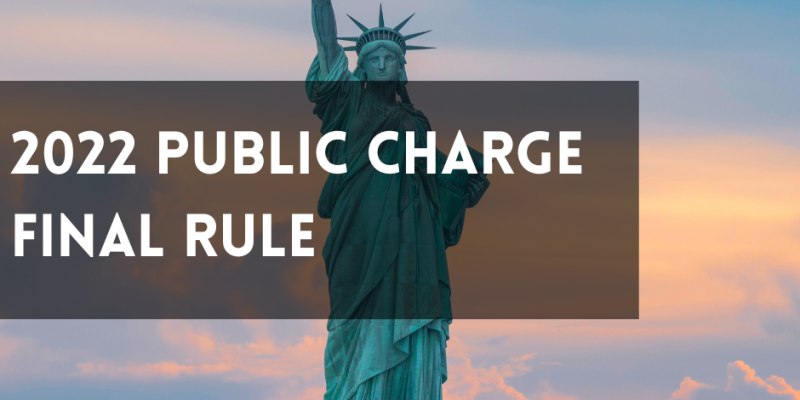On December 23, 2022, the Department of Homeland Security restored the historical meaning of the term “public charge.” Under the INA Sections 212 (a)(4) and 2378 (a)(5), a public charge is a noncitizen “who has become or is likely to become primarily dependent on the federal government for subsistence.” This reversal, which had been in effect for decades prior to the Trump Administration, will ensure that those eligible for assistance receive it without jeopardizing their immigration journey.
DHS determines if a noncitizen is likely to become a public charge based on a “totality of circumstances” analysis of the following factors:
- The noncitizen’s age, health, family and financial status, assets, resources, education, and skills;
- The filing of Form I-864, Affidavit of Support (when required); and,
- The receipt of Supplemental Security Income (SSI), cash assistance for income maintenance, or institutionalization for long-term care at government expense.
USCIS will not consider the following types of benefits in the public charge analysis:
- Benefits received by family members other than the applicant
- Receipt of certain non-cash benefits such as Supplemental Nutrition Assistance Program (SNAP), Children’s Health Insurance Program (CHIP), Medicaid, housing benefits, immunization benefits, disease-testing benefits, or other supplemental or special-purpose benefits;
- Specific purpose payments, such as payments for childcare, energy assistance, disaster relief, pandemic assistance, or for other specific purposes.
For a further analysis of the new public charge rule, see our blog on the new regulations. Or visit the USCIS Newsroom alert here.

